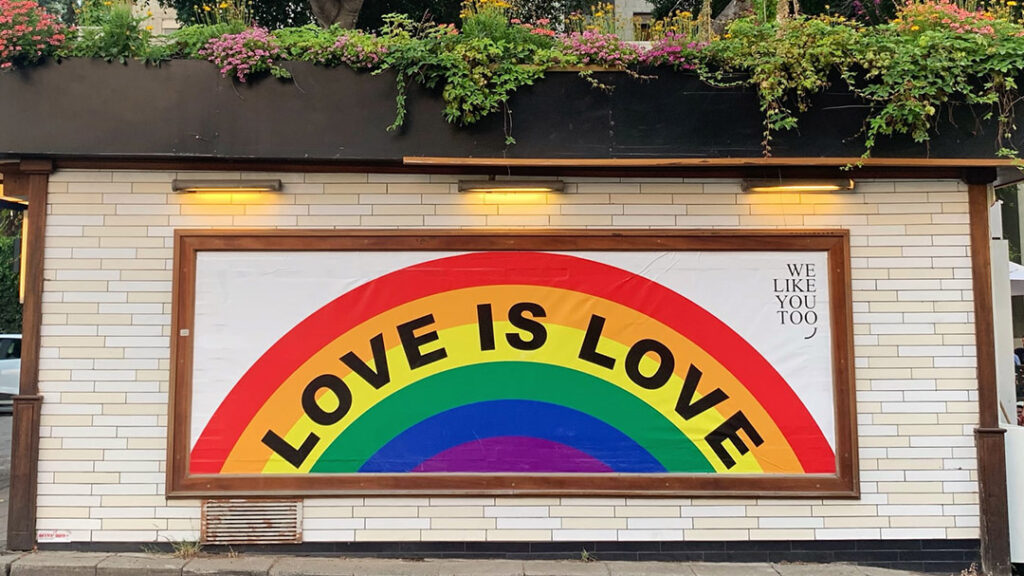
Gradual institutional change analyses have allowed drawing a more flexible line between stability and transformation when examining how institutions evolve over time, particularly in the absence of major critical junctures or exogenous shocks. Yet, the explanatory power of the theory has been undermined by a lack of attention to the overlapping boundaries of the modes of gradual institutional change, a relatively static model of agency, and conceptual confusion regarding what the modes of change exactly are.
In our recent article “Discursive Strategies and Sequenced Institutional Change: The Case of Marriage Equality in the United States” published in Political Studies, Tània Verge and I argue that addressing these shortcomings requires investigating the agent-based dynamics underpinning gradual institutional change and bringing to the fore the role of ideas. Indeed, ideas and discourses can have a constitutive impact in the creation, maintenance and reform of institutions, and actors strategically reframe problems and redirect solutions to influence both the process and the outcome of policy reforms.
Employing marriage equality in the United States as a case study, we show that the modes of gradual institutional change can be studied simultaneously as processes that unfold over time, often in a sequential fashion, as outcomes of these processes, and as strategies pursued by actors to steer, impede or undermine policy change.
Our results reveal that proponents and opponents of marriage equality have deployed discursive frames to legitimize institutional change to take off sequentially in a progressive direction — through the modes of “layering“ and “displacement“ — and in a regressive direction — through the mode of “conversion“.
Throughout this sequenced process, opposing actors have not only adjusted their discursive strategies to both their rivals and the targeted institutional venues, but have also shifted roles as change and status quo agents. Indeed, our study shows that the actors contesting the institutional status quo in one stage may become the actors defending it in a subsequent phase of the institutional change process, and vice versa. Thus, we argue that traditional, static conceptualizations of agency should be problematized and, rather than as resistance to gender-friendly reforms, opposition to marriage equality should be understood as a proactive mobilization to transform existing institutions.
The recent US Supreme Court decision in Fulton v. City of Philadelphia (2021) in favor of a Catholic foster care agency that refuses to work with same-sex couples, should then be understood as a victory of the years-long conservative strategy to undermine LGBT couples’ newly recognized right to marry.
Lastly, our study highlights the role of private actors as ideational entrepreneurs in the adoption and implementation of “morality policies,“ such as marriage equality. While morality policy scholars have so far predominantly examined how governmental actors shape policymaking, we show that the discursive strategies deployed by LGBT advocates, religious-conservative organizations and other private actors, such as foster care agencies, florists, and bakers, created new opportunities to influence policy debates and tip the scales to their preferred policy outcome.
Connect with the author

Giulia Mariani ’12 is a postdoctoral researcher in Political Science at Uppsala University. She is an alum of the Barcelona GSE Master’s in International Trade, Finance and Development.
